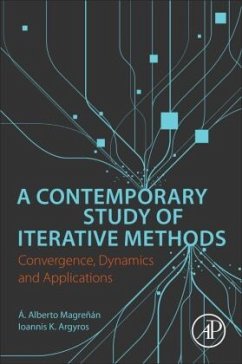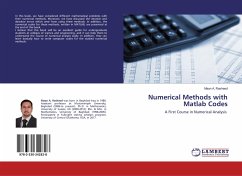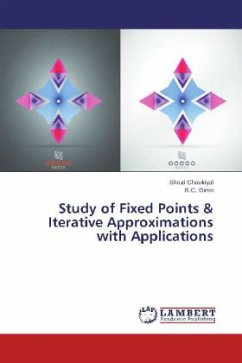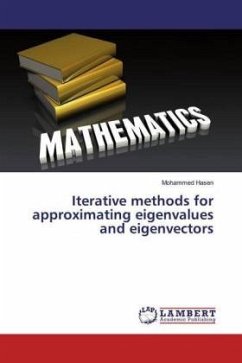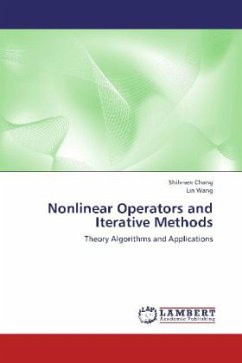A Contemporary Study of Iterative Methods: Convergence, Dynamics and Applications evaluates and compares advances in iterative techniques, also discussing their numerous applications in applied mathematics, engineering, mathematical economics, mathematical biology and other applied sciences. It uses the popular iteration technique in generating the approximate solutions of complex nonlinear equations that is suitable for aiding in the solution of advanced problems in engineering, mathematical economics, mathematical biology and other applied sciences. Iteration methods are also applied for solving optimization problems. In such cases, the iteration sequences converge to an optimal solution of the problem at hand.
"Contemporary in the title means that the coverage is state-of-the-art, with all currently-useful methods being shown. The level of detail is reasonable for an encyclopedia, and each chapter is extensively footnoted with references to research papers. Usually each chapter describes the method, quotes some theorems about the conditions under which it will succeed (occasionally with proofs), and usually a contrived numeric example to show how it works. There's usually some discussion of convergence speed." --MAA Reviews
